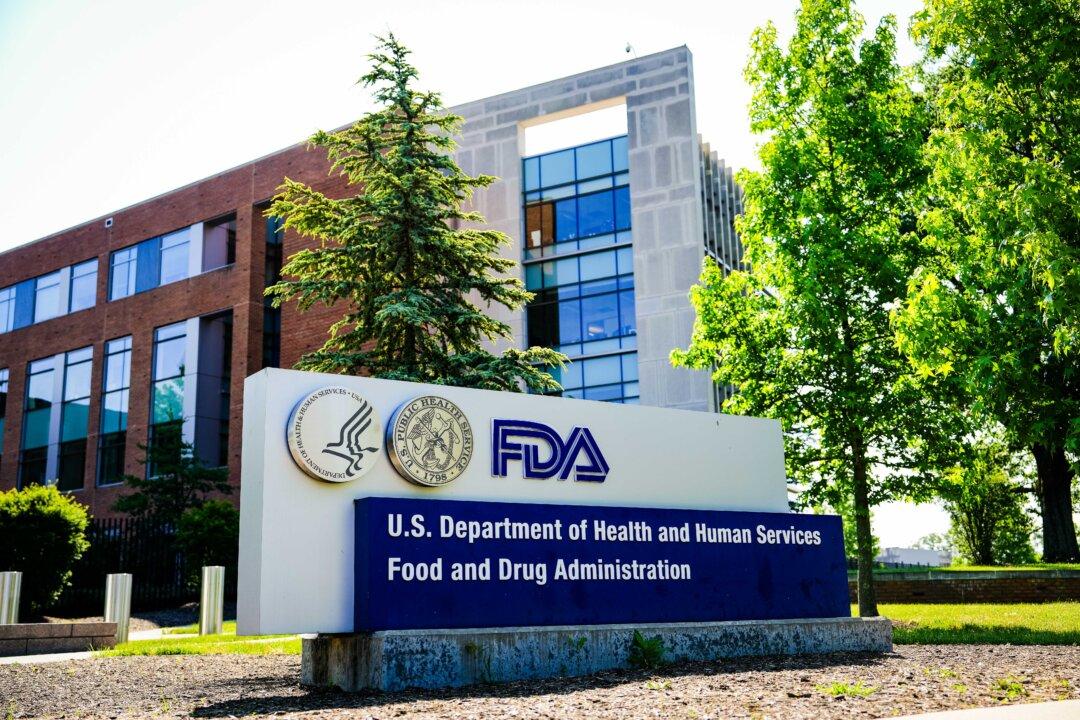A panel of advisers with the Food and Drug Administration (FDA) on Sept. 27 voted overwhelmingly against BrainStorm Cell Therapeutics’ treatment for a rare and fatal form of the neurodegenerative disease amyotrophic lateral sclerosis (ALS).
In their meeting, the FDA’s Cellular, Tissue, and Gene Therapies Advisory Committee said that BrainStorm’s stem cell-based therapy, NurOwn, has not been shown to be effective for patients with ALS—also known as Lou Gehrig’s disease—noting that there were also large amounts of missing data.





